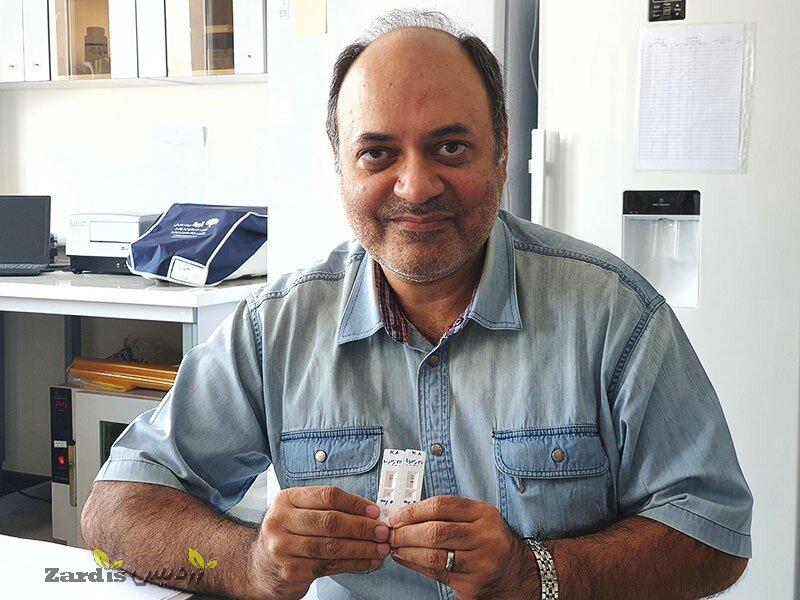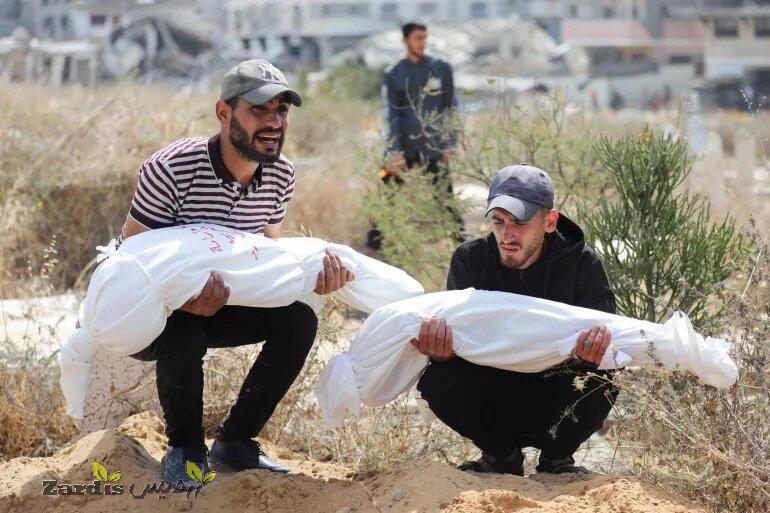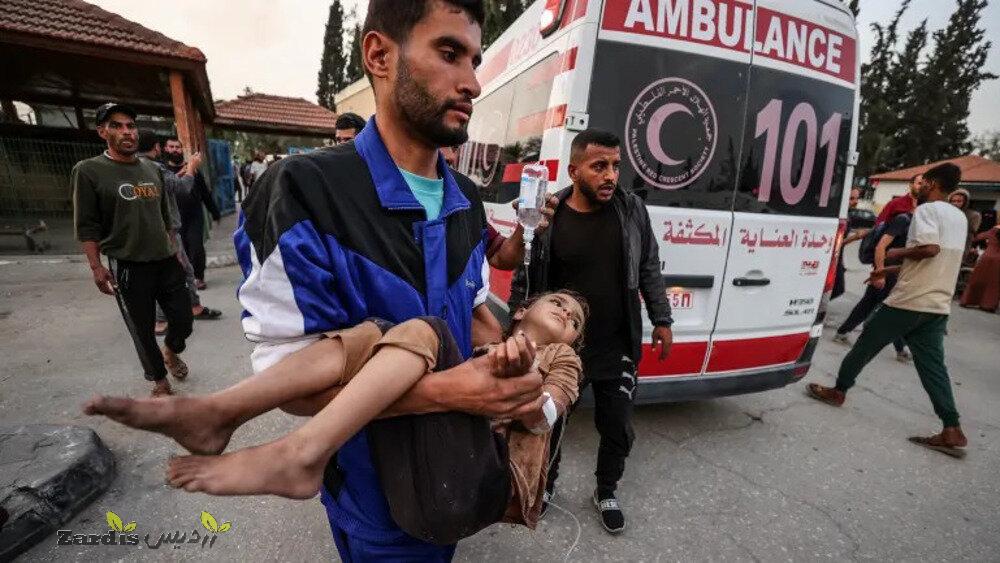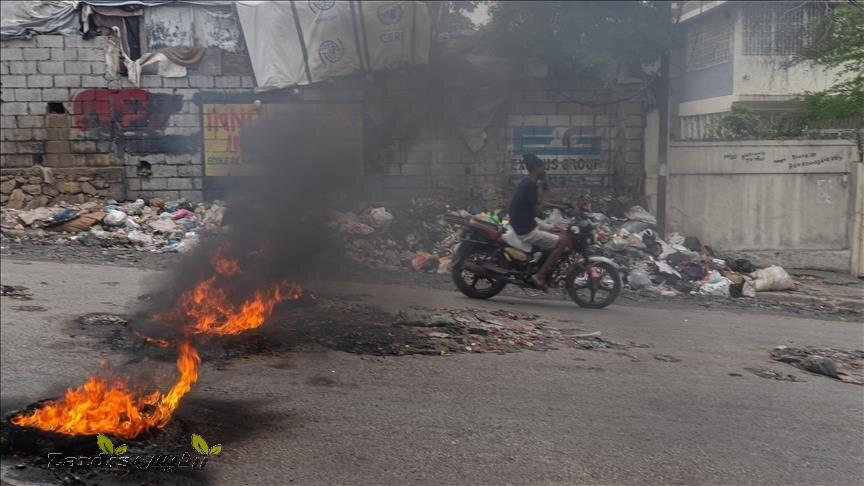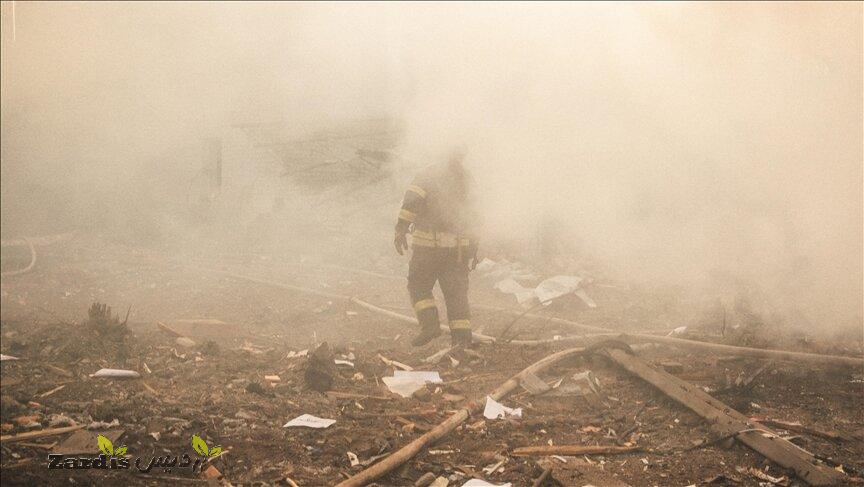TEHRAN – Kayhan Azadmanesh, a medical doctor and biotechnologist who is head of the virology research division at the Pasteur Institute of Iran in Tehran, has said the country hopes to defeat the coronavirus pandemic with a homegrown crop of vaccines
We can’t rely on help from the international community with the pandemic. We are living under sanctions imposed by the United States; in our opinion, these are unjustified, he said in an interview with Nature published on August 17.
“The United States says that sanctions don’t affect humanitarian activities, but when your ability to transfer money is restricted, it is difficult to buy drugs and medicines. And we have the technology to produce vaccines, so why not use it? To ensure the safety of Iranians, it makes sense to develop a variety of vaccines using different research and development strategies.”
Since January 2020, we’ve had five separate waves. So far, 18 million or so doses have been administered: some 12 million were China’s Sinopharm vaccine; 4 million were the Oxford–AstraZeneca vaccine; and one million were COVIRAN BAREKAT, developed by the Iranian state-owned Shifa Pharmed Industrial Group in Tehran. The remainder include doses of Russia’s Sputnik V and India’s Covaxin. More than half a million doses are being administered a day, and some 17% of Iran’s population of 85 million have received their first dose of a COVID-19 vaccine.
We have a long history of vaccine production in Iran. The Pasteur Institute of Iran was established in 1920 and has produced vaccines against tuberculosis and rabies. Vaccines have also been developed in Iran against measles, mumps, and the human papillomavirus.
COVIRAN BAREKAT, the first homegrown coronavirus vaccine, was unveiled on December 29, 2020, and started to be mass-produced on March 29.
Meanwhile, a vaccine developed by the Razi Vaccine and Serum Research Institute (Razi Cov Pars) is expected to become the second Iranian-made vaccine to be administered among the population in early August.
Iran has also successfully completed the first phase of the human trial for Fakhra vaccine, the third domestically developed COVID-19 vaccine, named after martyred nuclear scientist Mohsen Fakhrizadeh.
Osvid-19, the fourth domestically-made vaccine, is also undergoing human trials, which will also be available in early September.
MG
- News code 30078
- 307 View
- بدون نظر
Zardis news | The latest news of Iran and the world
تمامی حقوق مطالب برای Zardis news محفوظ است و هرگونه کپی برداری بدون ذکر منبع ممنوع می باشد.
طبق ماده 12 فصل سوم قانون جرائم رایانه ای کپی برداری از قالب و محتوا پیگرد قانونی خواهد داشت.
طراحی و اجرا: سامانه سایت ساز زردیس



